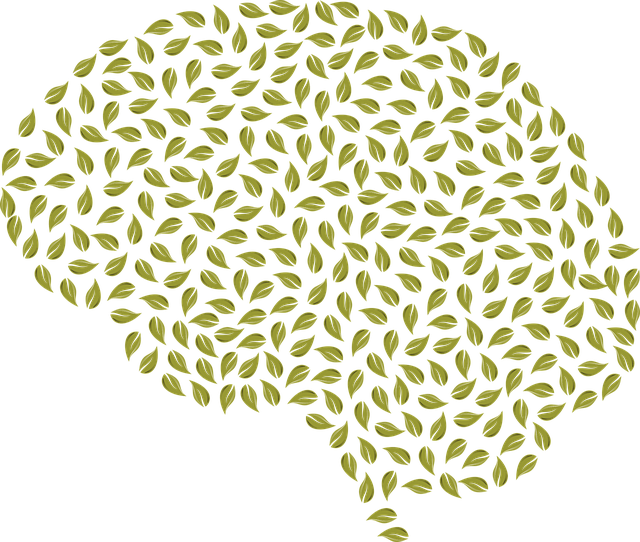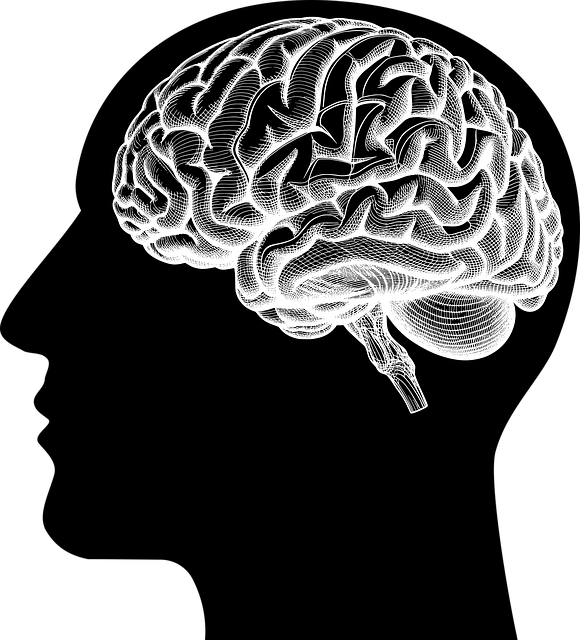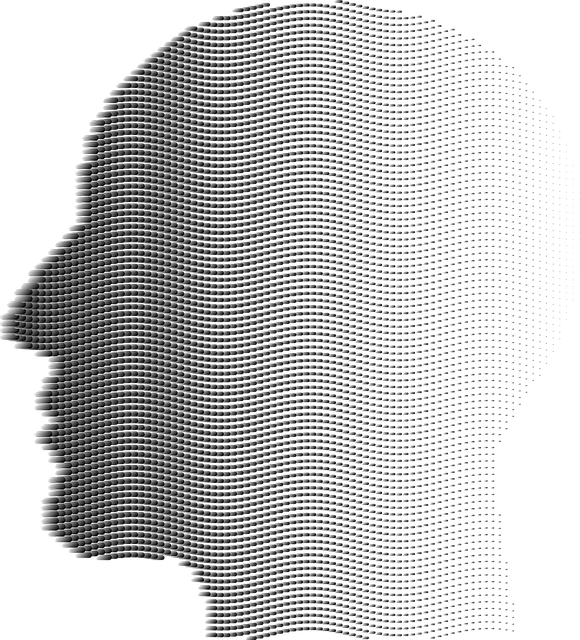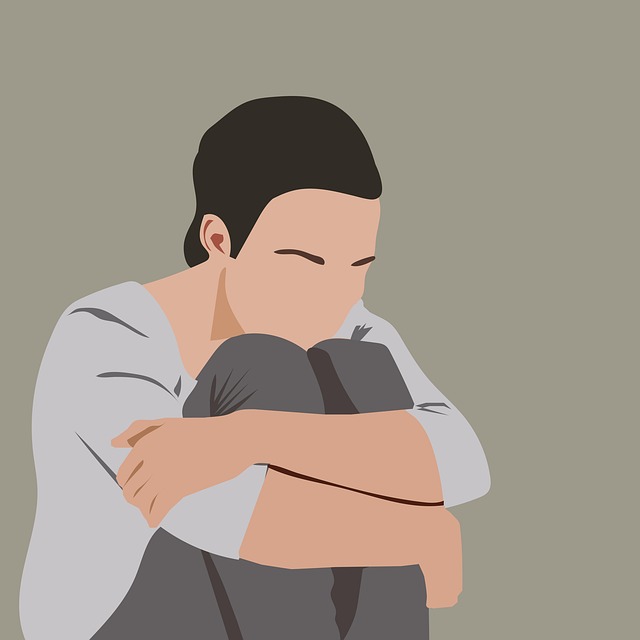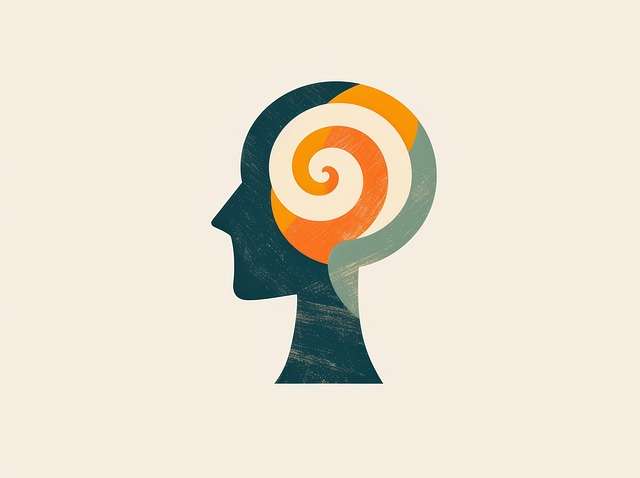Depression, a significant mental health issue often linked to chronic pain, requires comprehensive care. Wheat Ridge Chronic Pain Therapy offers tailored programs that address both physical discomfort and emotional distress, emphasizing the connection between these aspects of health. By identifying risk factors such as mental health history, isolation, and poor coping mechanisms, they prevent depression among chronic pain sufferers. The center promotes self-care routines, lifestyle changes, and holistic practices like exercise, mindfulness, and yoga to boost mood and resilience. Effective treatments include CBT, crisis support, and public awareness campaigns, while building a strong support network is key to recovery, with Wheat Ridge therapy emphasizing open communication and community engagement for improved mental wellness.
Depression is a prevalent and serious condition affecting millions worldwide, including those navigating chronic pain in Wheat Ridge. This article delves into comprehensive strategies for prevention and recovery, focusing on the unique challenges faced by chronic pain sufferers. We explore the profound impact of depression on daily life and uncover risk factors specifically associated with chronic pain in Wheat Ridge. Through a holistic lens, we discuss lifestyle changes, therapeutic interventions, and the transformative power of connection in healing.
- Understanding Depression and Its Impact on Daily Life
- Identifying Risk Factors for Depression in Wheat Ridge Chronic Pain Sufferers
- Lifestyle Changes to Combat Depression: A Holistic Approach
- Therapeutic Interventions: Exploring Treatment Options Near Wheat Ridge
- Building a Support Network: The Power of Connection in Recovery
Understanding Depression and Its Impact on Daily Life

Depression is a complex mental health disorder that significantly impacts an individual’s daily functioning and overall quality of life. It can manifest as persistent feelings of sadness, hopelessness, and loss of interest in activities once enjoyed. Depression isn’t merely temporary sadness; it’s a persistent state that can disrupt one’s ability to manage everyday tasks, maintain social connections, and even perform at work or school. The impact extends beyond the person with depression, affecting family members, friends, and communities as well.
Understanding depression is crucial in preventing its onset or mitigating its effects. In Wheat Ridge Chronic Pain Therapy, for instance, mental health professionals design tailored programs that address both physical discomfort and emotional distress, recognizing the deep interplay between pain and mental well-being. Beyond therapy, fostering resilience through Self-Care Routine Development for Better Mental Health and engaging in Mental Health Education Programs Design can be transformative. By prioritizing burnout prevention and adopting strategies to manage stress and promote self-compassion, individuals can build a foundation of resilience that protects against depression’s grasp.
Identifying Risk Factors for Depression in Wheat Ridge Chronic Pain Sufferers

In Wheat Ridge Chronic Pain Therapy centers, identifying risk factors for depression among chronic pain sufferers is a critical step in prevention strategies. Studies show that individuals living with long-term pain are at an increased risk of developing depressive disorders due to the physical and emotional toll of their condition. Factors such as previous history of depression or anxiety, social isolation, limited access to support networks, and inadequate coping mechanisms can all contribute to a higher likelihood of experiencing symptoms of depression. By recognizing these risks, healthcare providers in Wheat Ridge can tailor interventions that go beyond pain management itself, incorporating mental health education programs designed to build empathy and offer strategies for stress relief, ultimately enhancing patient well-being.
Empathy building strategies within the context of chronic pain therapy play a significant role in prevention. When patients feel understood and supported by their healthcare providers, they are more likely to engage in open communication about their emotional struggles. This openness allows for early identification of depressive symptoms and facilitates timely interventions like cognitive behavioral therapy or medication management. Additionally, incorporating anxiety relief techniques into the patient’s care plan can mitigate the impact of stress and worry associated with chronic pain, further reducing the risk of depression.
Lifestyle Changes to Combat Depression: A Holistic Approach

In the quest to prevent depression, a holistic approach that incorporates lifestyle changes is immensely beneficial. This involves more than just treating symptoms; it’s about nurturing both the mind and body. Simple yet powerful strategies such as regular exercise, which releases endorphins known to boost mood, can significantly reduce risks of depressive episodes. Additionally, dietary adjustments, like incorporating foods rich in omega-3 fatty acids, have been linked to improved emotional stability.
Wheat Ridge Chronic Pain Therapy emphasizes the interconnectedness of physical and mental health, promoting practices that enhance overall well-being. Techniques focusing on stress reduction, such as mindfulness meditation and yoga, are effective tools for managing depression. By integrating these practices into daily routines, individuals can strengthen their emotional regulation capabilities, fostering a sense of balance and resilience against depressive tendencies. This holistic approach not only prevents depression but also facilitates emotional healing processes and cultivates positive thinking, ultimately contributing to a more fulfilling life.
Therapeutic Interventions: Exploring Treatment Options Near Wheat Ridge

In Wheat Ridge, individuals struggling with depression can find a range of therapeutic interventions tailored to their needs. One effective approach is Wheat Ridge chronic pain therapy, which recognizes the interconnectedness of mental and physical health. This holistic treatment option addresses not just the symptoms but also the underlying causes of depression, often linked to persistent pain conditions. Therapeutic modalities such as cognitive-behavioral therapy (CBT), mindfulness practices, and interpersonal psychotherapy have proven successful in managing depressive disorders.
Additionally, crisis intervention guidance plays a vital role in providing immediate support during intense emotional periods. Local mental health professionals offer specialized services that teach valuable self-awareness exercises to help individuals manage their symptoms and promote resilience. Furthermore, public awareness campaigns development emphasizes the importance of recognizing depression’s signs and encourages early intervention, fostering a supportive environment for those seeking treatment.
Building a Support Network: The Power of Connection in Recovery

Building a robust support network is an integral part of depression prevention and recovery, especially for those navigating chronic pain in Wheat Ridge. Social connection has been shown to be a powerful tool against loneliness and isolation, which are significant risk factors for depression. Connecting with others who understand your struggles can provide comfort, encouragement, and valuable coping strategies. This network can include friends, family, support groups, or even online communities where individuals share similar experiences.
At Wheat Ridge Chronic Pain Therapy, we emphasize the importance of fostering relationships that promote mental wellness. Engaging in open conversations about feelings with trusted companions, joining support groups focused on pain management and mental health, or participating in community activities can all contribute to a sense of belonging and improved self-esteem. These connections encourage accountability, provide emotional validation, and offer alternative perspectives, helping individuals develop effective coping mechanisms and enhance their overall mental wellness.
Depression prevention is a multifaceted approach, especially for those dealing with chronic pain in Wheat Ridge. By understanding the impact of depression and identifying risk factors specific to this community, individuals can take proactive steps towards well-being. Incorporating lifestyle changes, seeking therapeutic interventions, and building strong support networks are key strategies to combat depression holistically. With access to quality Wheat Ridge chronic pain therapy and a supportive environment, those suffering can find hope and recovery. Remember, addressing mental health is just as crucial as physical care, and with the right tools and connections, depression can be prevented and managed effectively.
